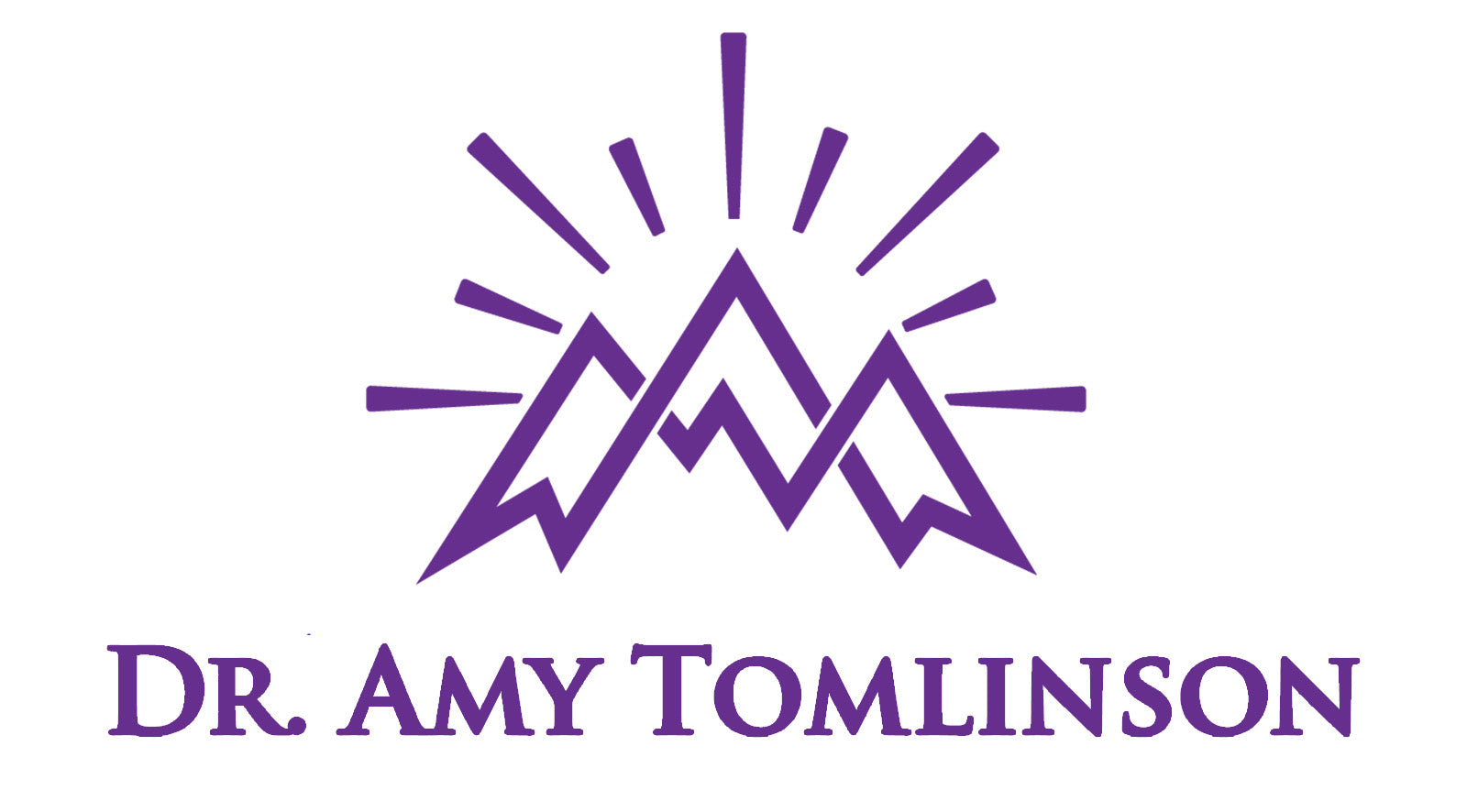Menopause, a natural biological process marking the end of a woman’s reproductive years, brings about various changes in the body, one of the most common being increased dryness. While vaginal dryness is frequently discussed, many women also experience a pervasive dryness affecting their skin, eyes, and mouth. Dr. Amy Tomlinson, deeply committed to addressing the broad spectrum of menopausal symptoms, explores why whole-body dryness occurs during menopause and offers effective strategies for managing this uncomfortable condition.

Understanding the Link Between Menopause and Increased Dryness
The primary culprit behind the increased dryness experienced during menopause is the decrease in estrogen levels. Estrogen is instrumental in maintaining the health and hydration of various tissues in the body, including those of the skin, eyes, and mucous membranes. As estrogen levels drop, so does the body’s ability to retain moisture, leading to a range of dryness-related symptoms:
- Skin Dryness:The skin becomes thinner and less able to retain moisture, resulting in dryness, itching, and an increased appearance of wrinkles.
- Dry Eyes: Decreased tear production can make the eyes feel persistently dry, itchy, and irritated.
- Dry Mouth: Reduced saliva production leads to a condition known as xerostomia, or dry mouth, which can affect taste, swallowing, and oral health.
Combatting Whole-Body Dryness: Effective Strategies
Dr. Amy Tomlinson emphasizes that, while menopausal dryness can be challenging, there are several effective strategies, including bioidentical hormone therapy, to alleviate discomfort and improve overall well-being:
- Bioidentical Hormone Therapy:Consider consulting with Dr. Amy Tomlinson about bioidentical hormone replacement therapy, which involves using hormones identical in molecular structure to those naturally produced in the body. This can help address hormonal imbalances contributing to dryness.
- Hydration: Drinking plenty of water throughout the day is fundamental in combating dryness from the inside out. Aiming for at least eight glasses of water a day can help maintain hydration levels.
- Moisturize Regularly: Using a high-quality moisturizer on your skin, especially after bathing, can help lock in moisture. Look for products containing hyaluronic acid, glycerin, or ceramides, which are particularly effective at hydrating the skin.
- Humidify Your Environment: Using a humidifier in your home, especially during dry months or in arid climates, can add moisture to the air and help prevent dryness of the skin, eyes, and respiratory passages.
- Eye Drops and Oral Hydration: Over-the-counter artificial tears can relieve dry eyes, while chewing sugar-free gum or sucking on sugar-free hard candies can stimulate saliva production to combat dry mouth.
- Nutrition and Supplements: A diet rich in omega-3 fatty acids, found in fish, flaxseeds, and walnuts, can improve skin hydration. Additionally, supplements like evening primrose oil or sea buckthorn oil may benefit skin health and hydration.
- Gentle Skincare Products: Opt for gentle, fragrance-free cleansers and skincare products to avoid further irritation to dry skin.
The Holistic Approach to Managing Menopause Symptoms
Dr. Amy Tomlinson advocates for a holistic approach to managing menopause symptoms, including whole-body dryness. Recognizing and treating these changes as part of the broader spectrum of menopausal transition can significantly improve quality of life. Lifestyle modifications, combined with targeted treatments and regular consultations with healthcare professionals, can create a comprehensive strategy for navigating menopause comfortably and healthily.
















